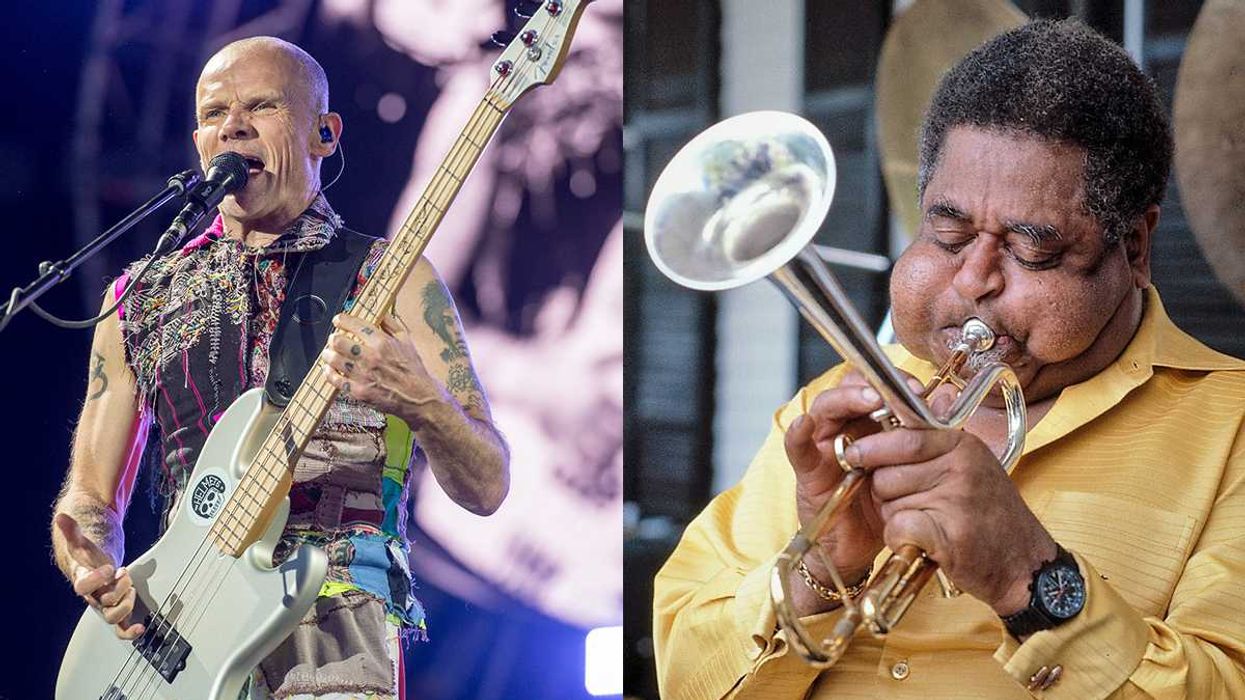Yesterday, after 14 years, Gawker Media ceased to exist as an independent media company. Long embroiled in lawsuit proceedings over Hulk Hogan’s sex tape, the company was deemed at fault and ordered to pay $140 million in damages. In the wake of the decision, a curious twist manifested: Silicon Valley billionaire Peter Thiel, nurturing his own grudge against Gawker, had in fact supplied Hogan with the necessary funds for the case. Ultimately, Gawker was forced to declare bankruptcy and, put up for sale, became available to the highest bidder. It was purchased by broadcast network Univision who announced on Thursday that they would close Gawker.com, the blog network’s main news site.
Some important caveats: I am a contributor at Jezebel—a Gawker Media blog geared towards women—which means that I am assigned blogging shifts, write for the site regularly, and am bestowed significant responsibility. But I’m not a member of the staff and I’ve never even set foot in Gawker Media’s New York City office. Nor have I met the majority of the staff, save for flurried online interactions. Yet I owe my career, such as it is, to Gawker Media. I wrote my first piece for Jezebel in the late fall of 2014. Soon after, I was given the creative permission to launch an entire essay series on fictional female friendships. By the summer of 2015, Jezebel gave me regular work as a nights and weekends editor, where I was given the freedom to pursue the stories I wanted to pursue. In the meantime, I had signed with a literary agency and my writing portfolio had swelled and diversified.
Platforms elevate us, but if our voices do not bellow and echo, we merely stand on empty plateaus. So, of course, I have worked diligently—at Gawker, everybody does. Though staff and contributors alike sprawl across the country, an intersecting web hums with contagious vitality. Editors trust writers to chase their wildest instincts and challenge us to dwell in productive discomfort. Last winter, I asked to write an end-of-year essay vaguely exploring the connection between hatred and empathy. The end result remains the most painful, self-condemning, and best essay I have composed to date.
Gawker’s reach, however, extends beyond editors and writers and into a distinctly spunky and intelligent commenter community. To shutter Gawker is to silence one of these vital spaces as well. When I began blogging regularly, I peeked at my comments with trepidation, expecting a molten hellscape plagued with bile. It’s true: I’ve been called the “c” word more times in the last year than I had previously been accustomed. But at worst, remarks like those dissolve like the smart of a pinch: an initial sting too feeble—and boring—to linger. Instead, I pour over the insights of an often-international audience. I laugh at jokes far funnier than my own. I witness as intimacies develop between night-dwelling commenters. I am challenged, and I learn. I hold myself accountable to thousands of readers who seek candid remarks buttressed by fact.
[quote position="left" is_quote="true"]The Hulk Hogan trial especially has obscured the robust journalism Gawker performs daily.[/quote]
And yet, many would cast a skeptical eye on my rosy portrait of this company—particularly because of the Hogan trial, and because of the 2015 outing of a Condé Nast CFO. It’s true that Gawker has made editorial decisions that I would not have made myself. I expect most of us could say the same about the companies with which we are affiliated. But by virtue of these two, exceptional cases, Gawker has become a convenient whipping boy for a media ubiquitously guilty of systemic sexism and racism. It’s not for me to decide what the verdict should have been in either regard. I only know that journalists—particularly those of us privileged with whiteness—should not be most preoccupied with anomalous scandals.
The Hulk Hogan trial especially has obscured the robust journalism Gawker performs daily. Both Gawker and Jezebel doggedly followed both the major party conventions. Gawker meticulously covered Bill Cosby’s labyrinthine trial. They have initiated all manner of investigations of corruption and abuse. Many have sought to repackage the Hogan trial as the marker of a pernicious trend. In truth, Gawker has routinely achieved what every media outlet strives to attain: nuanced, attentive reporting and elegant writing often rife with wit. In media, we are too often engrossed in our differences—now it is crucial we understand the ways in which we are the same.
Those who dance a jig atop Gawker’s grave should consider what its demise foreshadows. When Peter Thiel bankrolled Hulk Hogan’s lawsuit, he launched a revenge plot mired in metastasized bitterness. He demonstrated that with sufficient funds, a publication could be silenced on the basis of one man’s capricious will. He dresses up his deeds with the trappings of moral righteousness, but make no mistake: Thiel issued a targeted attack on free speech, and—at least on a superficial level—he won.
Maybe Gawker has never been to your taste. Perhaps you found it too abrasive or outrageous. Rich tapestries, after all. But for now, set aside sanctimony and disabuse yourself of the notion that other publications are somehow exempt from this dangerous turn of events. Gawker’s fate is tangled up in media’s larger narrative. Who will narrate? That’s for to us—writers and readers alike—to decide.















 Otis knew before they did.
Otis knew before they did.